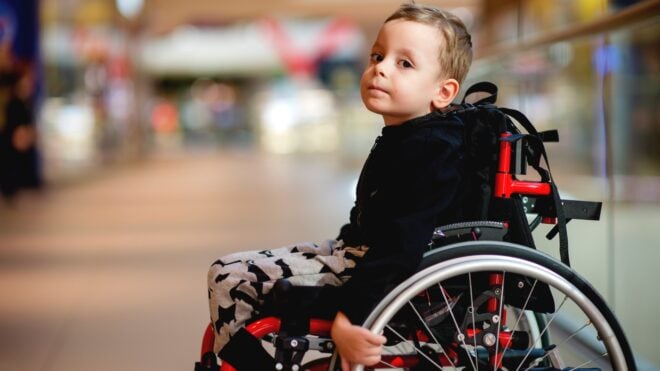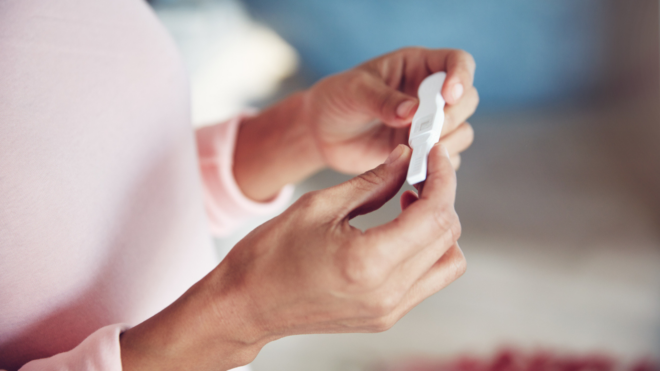
I was scrolling through Instagram one day, when a carousel of images and words stopped me in my tracks. The poster was sharing a hot psychology term: re-parenting oneself. What does this mean? I was intrigued.
I went on to discover that as children, many of us sustained psychological difficulties that resurface when we become parents. For example, if we struggled with unvalidated anxiety as children, when our own child comes to us with a worry, our instinct may be to shut them down or dismiss their fears. However, that’s not helpful— not to our child, nor to us. Thankfully, when we realize that there’s some deeply rooted, unresolved childhood issues, there’s hope in the form of learning to re-parent ourselves.
Dr. Leah Katz, a clinical psychologist and author of Gutsy: Mindfulness Practice for Everyday Bravery, shares that re-parenting oneself essentially means “healing old wounds.” As adults, Dr. Katz says, “We can go back and heal our inner children and give them what they needed when they were young and vulnerable.” Examples of what we needed, but didn’t receive, include “unconditional love, safety, emotional validation, perspective.”
If you’re like me, you thought, Wow, that’s deep — and it is
Who needs to re-parent themselves? Dr. Katz shares that “anyone who is carrying around injuries from their upbringing” that were usually caused by “early caregivers” is a candidate for re-parenting. In order to take a step in the right direction, we need to “press pause” and then take the time to reflect on how our “faulty old beliefs or painful ways of feeling” are still impacting us today.
The next step is healing
A big question we have is how do we go about re-parenting ourselves? It sounds too good to be true, as well as overwhelming. Some of us may even feel that the way we feel about ourselves is unchangeable or set in stone. Luckily, this isn’t true.
Therapy can offer a person the ability to gain “insight and awareness into what is holding us back,” as well as “how we are still being affected by early experiences.” Next up, we can create a plan on “how to create a healthier and more conscious way of living.” She also suggests that we consider the self-awareness benefits of journaling and meditation. There are free meditation apps, and journaling can be done on a phone, laptop, or with old-fashioned paper and a pen.
The way we talk to ourselves matters
With the help of a professional, we can learn to talk back to our inner child in a way that offers the things we didn’t have, such as validation. One example Dr. Katz offers is if a person struggles with feeling worthy, remind your inner child that she (and you) “were always worthy.” Don’t forget to also clapback at the negative, untrue messages you received as a child by reminding your inner child that “messages she received from caregivers” were likely from the caregiver’s own unresolved issues.
Another clapback is to give yourself the gift of experiences that you didn’t have as a child and now regret. Examples including “traveling, independence, taking certain classes.” You can now “access those experiences as an adult,” and in turn, “give them to you — and your younger self.”
If you’re thinking this sounds like hard work, you’d be right
It takes a lot of dedication and change to work on your inner child and re-parent her. Dr. Katz offers us this: “I really believe doing this work can be the most rewarding work we can do.”
She adds, “It can unlock a life of greater meaning, more intentionality, and more depth in our relationships.” The rewards are much greater than the risks — and allow us to be better parents to our own children. Remember, it's never too late to change.




